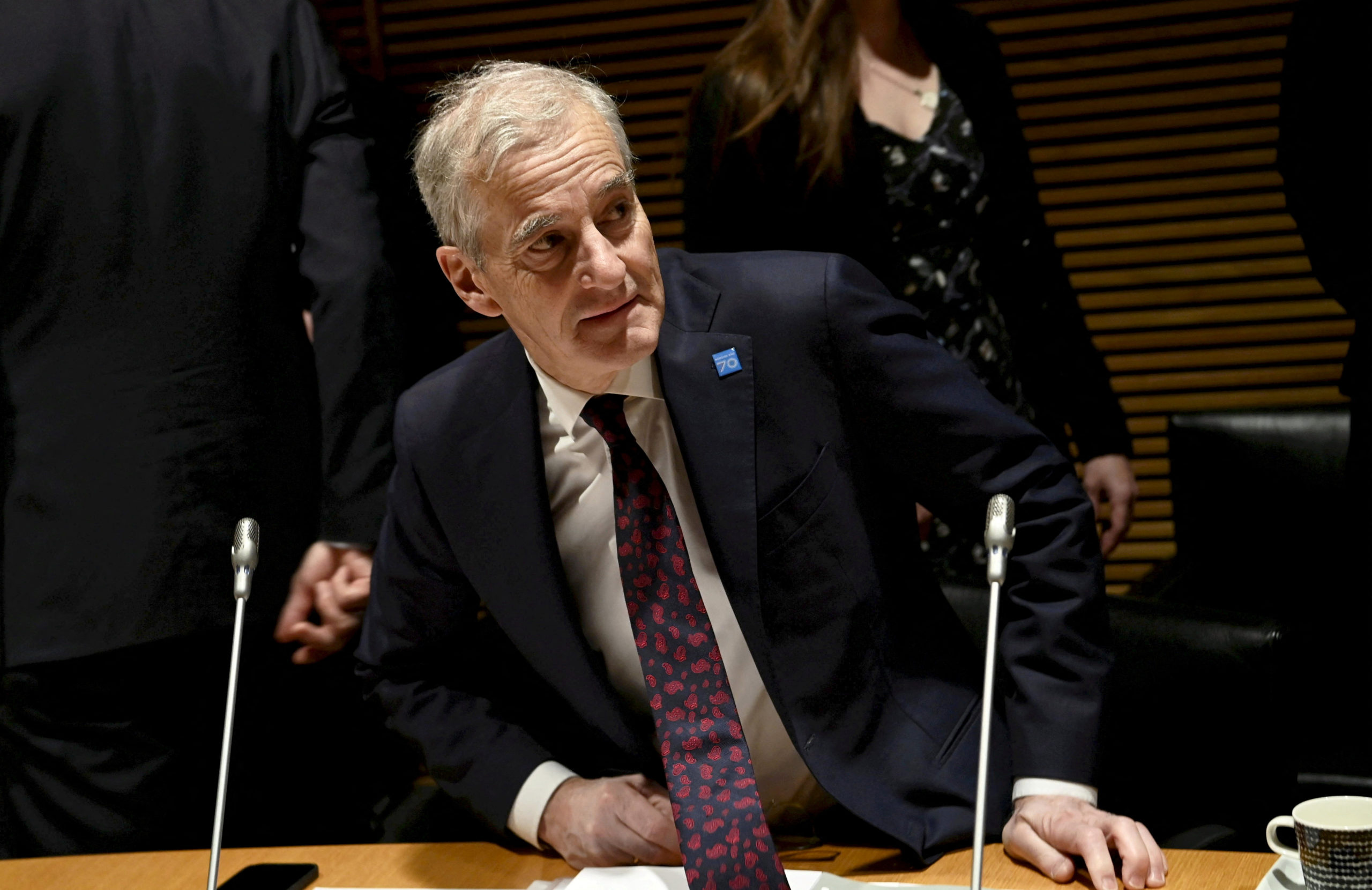Norway to postpone oil and gas licensing round
The postponement lasts through 2025.

OSLO — Norway will not issue licenses for energy companies to explore for oil and gas in frontier areas during the life of the current parliament, which ends in 2025, its oil and energy minister told Reuters on Tuesday.
The decision to postpone the so-called 26th licensing round was part of the minority government’s budget deal with the opposition Socialist Left Party (SV), Terje Aasland said in an interview.
The news was first reported by public broadcaster NRK and news agency NTB, citing anonymous sources.
SV wants Norway, the biggest supplier of natural gas to the European Union and a major oil exporter, to stop exploring for new petroleum resources to fight climate change.
“SV has had this as a demand for this year and we went along with that. And have accepted that this can be held off for this parliamentary period,” Aasland said.
The deal extends an agreement the minority cabinet and SV made last year, when the government won elections, which delayed the 26th licensing round by a year.
Aasland said there was “no drama” in the decision as authorities still issue licences to oil companies in a parallel licensing around called the APA round, in so-called mature areas that are already open to oil companies.
The 26th licensing round grants the right to oil companies to explore and produce oil and gas in areas not explored previously.
“The importance of the numbered rounds has decreased over the years,” Aasland said. “What is important for us for maintaining activity and developing the Norwegian Continental Shelf, are the (APA) rounds.”
“And there we have been clear: these will continue, they will be the basis for how we develop the shelf going forward,” he added.
Still, the CEO of state-controlled Equinor expressed concern at Tuesday’s decision.
“We are worried that the framework conditions (for) the oil and gas industry in Norway are being challenged twice a year with a budget and then with the updated budget,” Anders Opedal told Reuters.
“We are also worried that the industry was not asked for advice before the decision was made.”
SV leader Audun Lysbakken said the deal marked “a new course” in the country’s energy policy. “It is a limitation on oil exploration,” he told reporters.
The government, in power since last year and led by Labour Party Prime Minister Jonas Gahr Støre, has pledged to “develop, not phase out” offshore petroleum production, Norway’s biggest industry.
However, it is reliant on SV to pass next year’s budget.
Previous rounds have, over time, attracted a fewer number of companies: seven in 2021; 11 in 2018 and 26 in 2016.
Additional reporting by Stine Jacobsen in Copenhagen.
This article has been fact-checked by Arctic Today and Polar Research and Policy Initiative, with the support of the EMIF managed by the Calouste Gulbenkian Foundation.
Disclaimer: The sole responsibility for any content supported by the European Media and Information Fund lies with the author(s) and it may not necessarily reflect the positions of the EMIF and the Fund Partners, the Calouste Gulbenkian Foundation and the European University Institute.
